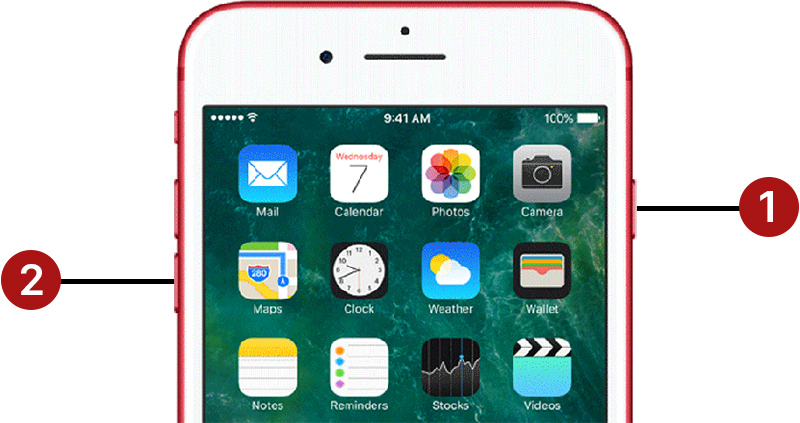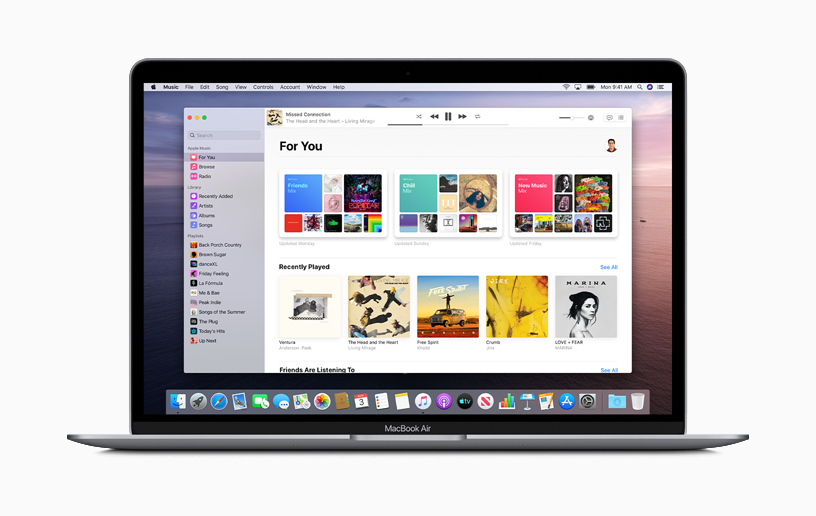If you're using one of these computers with OS X Mavericks or later, you can install macOS Catalina. Your Mac also needs at least 4GB of memory and 12.5GB of available storage space, or up to 18.5GB of storage space when upgrading from OS X Yosemite or earlier. Learn how to upgrade to macOS Catalina.
MacBook Pro
- MacBook Pro (13-inch, 2020, Two Thunderbolt 3 ports)
- MacBook Pro (13-inch, 2020, Four Thunderbolt 3 ports)
- MacBook Pro (16-inch, 2019)
- MacBook Pro (13-inch, 2019, Two Thunderbolt 3 ports)
- MacBook Pro (15-inch, 2019)
- MacBook Pro (13-inch, 2019, Four Thunderbolt 3 ports)
- MacBook Pro (15-inch, 2018)
- MacBook Pro (13-inch, 2018, Four Thunderbolt 3 ports)
- MacBook Pro (15-inch, 2017)
- MacBook Pro (13-inch, 2017, Four Thunderbolt 3 ports)
- MacBook Pro (13-inch, 2017, Two Thunderbolt 3 ports)
- MacBook Pro (15-inch, 2016)
Catalina Operating System For Mac
No, legacy/perpetual versions of Photoshop were not designed or tested to work on macOS 10.15 (Catalina). They are not supported in any way for use on macOS Catalina. Adobe does not recommend that customers using old versions of Photoshop upgrade to macOS Catalina. Macs that didn't make Big Sur's list but were on Catalina's included the mid- and late-year 2012 MacBook Pro, mid-2012 MacBook Air, mid-2012 and late-2013 iMac, and late-2012 Mac Mini machines.
- MacBook Pro (13-inch, 2016, Four Thunderbolt 3 ports)
- MacBook Pro (13-inch, 2016, Two Thunderbolt 3 ports)
- MacBook Pro (Retina, 15-inch, Mid 2015)
- MacBook Pro (Retina, 15-inch, Mid 2015)
- MacBook Pro (Retina, 13-inch, Early 2015)
- MacBook Pro (Retina, 15-inch, Mid 2014)
- MacBook Pro (Retina, 13-inch, Mid 2014)
- MacBook Pro (Retina, 15-inch, Late 2013)
- MacBook Pro (Retina, 15-inch, Early 2013)
- MacBook Pro (Retina, 13-inch, Late 2013)
- MacBook Pro (Retina, 13-inch, Early 2013)
- MacBook Pro (Retina, 15-inch, Mid 2012)
- MacBook Pro (15-inch, Mid 2012)
- MacBook Pro (Retina, 13-inch, Late 2012)
- MacBook Pro (13-inch, Mid 2012)
MacBook Air

- MacBook Air (Retina, 13-inch, 2020)
- MacBook Air (Retina, 13-inch, 2019)
- MacBook Air (Retina, 13-inch, 2018)
- MacBook Air (13-inch, 2017)
- MacBook Air (13-inch, Early 2015)
- MacBook Air (11-inch, Early 2015)
- MacBook Air (13-inch, Early 2014)
- MacBook Air (11-inch, Early 2014)
- MacBook Air (13-inch, Mid 2013)
- MacBook Air (11-inch, Mid 2013)
- MacBook Air (13-inch, Mid 2012)
- MacBook Air (11-inch, Mid 2012)
MacBook
- MacBook (Retina, 12-inch, 2017)
- MacBook (Retina, 12-inch, Early 2016)
iMac Pro
iMac
- iMac (Retina 5K, 27-inch, 2019)
- iMac (Retina 4K, 21.5-inch, 2019)
- iMac (Retina 5K, 27-inch, 2017)
- iMac (Retina 4K, 21.5-inch, 2017)
- iMac (21.5-inch, 2017)
- iMac (Retina 5K, 27-inch, Late 2015)
- iMac (Retina 4K, 21.5-inch, Late 2015)
- iMac (21.5-inch, Late 2015)
- iMac (Retina 5K, 27-inch, Mid 2015)
- iMac (Retina 5K, 27-inch, Late 2014)
- iMac (21.5-inch, Mid 2014)
- iMac (27-inch, Late 2013)
- iMac (21.5-inch, Late 2013)
- iMac (27-inch, Late 2012)
- iMac (21.5-inch, Late 2012)
Mac mini
Mac Pro
Question: I upgraded to Catalina on my Mac and now Microsoft Office won’t work; what can I do?
Answer: One of the side effects of tech companies taking their platforms to new levels is that, often times, older software programs will no longer work.
The most recent version of Apple’s MacOS — known as Catalina — is having a major impact on those who upgraded without understanding that their older 32-bit programs would no longer run.
If your version of Microsoft Office is older than Office 2016 v15.35, you’ll have to choose from a variety of costly or time consuming and complicated options.
If you have Office 2016, you should be able to upgrade to the 64-bit version through Microsoft’s standard upgrade process if for some reason it hasn’t already been updated.
Option 1: Purchase new software

You can purchase the Office Home & Student 2019 bundle from Microsoft for $149.99 or the Office Home & Business bundle for $249.99. The primary difference in the two packages is the business version includes Outlook.
Option 2: Start renting Microsoft Office
Microsoft is trying to get users to convert from a single purchase package that will eventually expire to their subscription 'SaaS' (Software as a Service) platform known as Office 365.
This means you either pay monthly ($6.99 for Home & Student) or annually ($69.99 for Home & Student or $99 for Business) from now on.
Option 3: Switch to Google’s offerings
If your needs for productivity software are very basic, you may find the free options available from Google through a Google Drive account to be acceptable.
It includes Docs, Sheets and Slides which are Google’s version of Word, Excel and PowerPoint, although nowhere near as powerful. Though it’s a web-based tool, there are options for editing your documents when you are offline.
Option 4: Revert back to Mojave
There is no simple way to go back to the previous version (Mojave), so this option is very time consuming and complicated, as you’ll have to wipe your hard drive and reinstall everything. Depending upon which version of the MacOS your computer shipped with, you may have to use an external hard drive to complete the reversion.
How to check for 32-bit programs
For those who are considering an upgrade to Catalina, a good first step is to see what 32-bit programs you are currently running to determine if they are important to you or not.
To do this, click on the Apple icon in the upper left corner, then on 'About This Mac' and then on 'System Report.' When the report opens up, scroll down to the 'Software' section and click on 'Applications.'
What Does Catalina Do For My Mac 2017
An alphabetical list of applications will appear with various details about each one. If you scroll to the far right, you should see a column that says '64-Bit' and the words 'Yes' or 'No' for each application. To make it easier to see the Application Name and whether it’s 64-bit or not, drag the 64-bit header from the far right to the far left so it’s right next to the 'Application Name' column.
Go through the list looking for your critical programs to make sure they are 64-bit or to see if a 64-bit version is available from the creator of the program before upgrading to Catalina.
Ken Colburn is the founder and CEO of Data Doctors Computer Services. Ask any tech question at: facebook.com/DataDoctors.